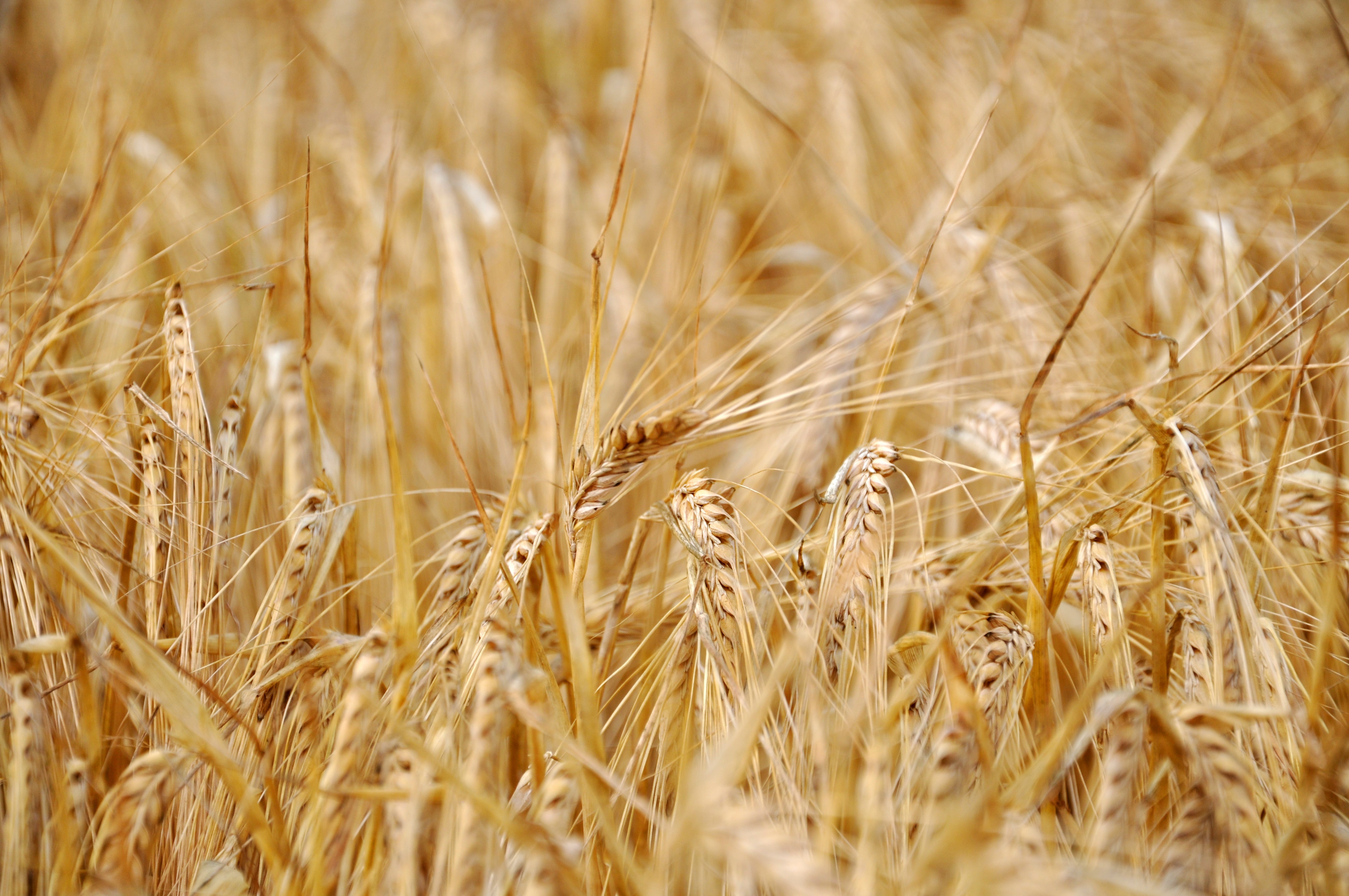News release
From:
Climate change could lead to greater crop yields at high latitudes, although these gains may be offset by an increased risk of crop infection by pathogens, according to a study published in Nature Climate Change.
Food security is a continuous concern as the global population expands, arable land is reduced and the threat of climate change increases. Climate change-induced losses to global crop production can occur either directly, for example as a result of drought, or indirectly, including via the impact of plant pathogens. Although plant pathogens represent a major threat to crop production, little is known about how climate change will impact their distribution and abundance.
Daniel Bebber and colleagues model the production of four major commodity crops (maize, wheat, soybean and rice), as well as eight additional temperate and tropical crops, under future climate scenarios over the twenty-first century. The authors predict that, overall, the yield of most of these crops will increase at high latitudes, such as in North America and parts of Eurasia. However, they also suggest that temperature-dependent infection risk from 80 fungal and oomycete (fungi-like) plant pathogens will increase at high latitudes. Major shifts in species composition within pathogen communities may additionally occur in some regions, such as the United States, Europe and China.
The authors conclude that potential increases in pathogen burden highlight a potential major risk to food security, reinforcing the need for careful crop management.



 International
International



